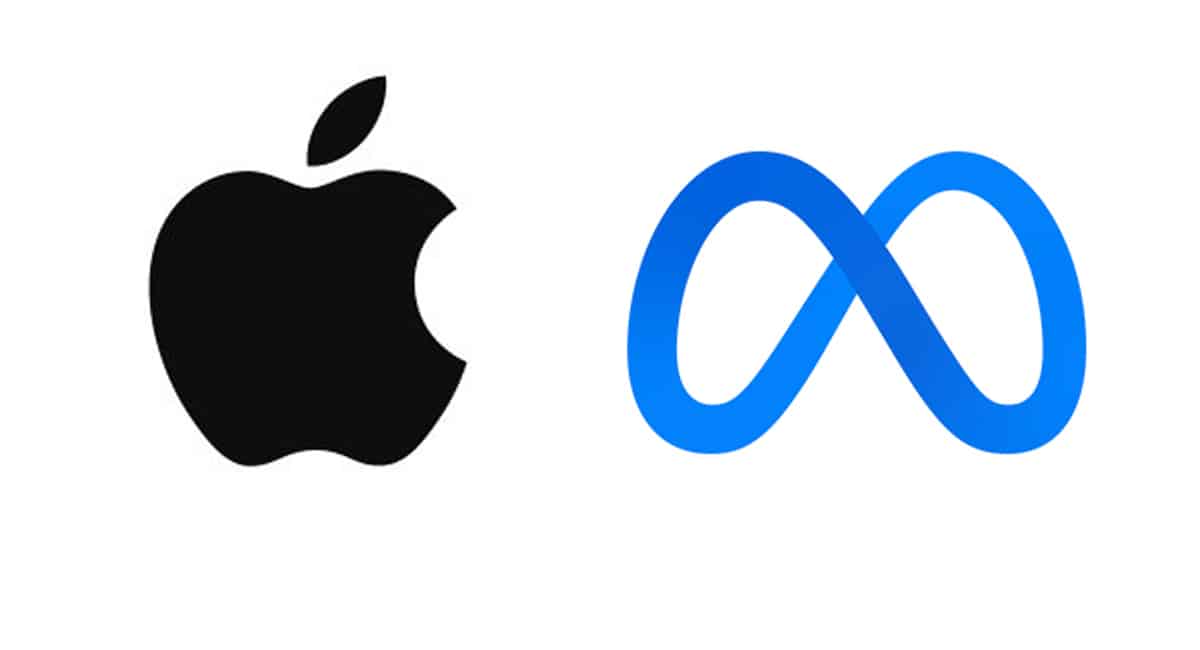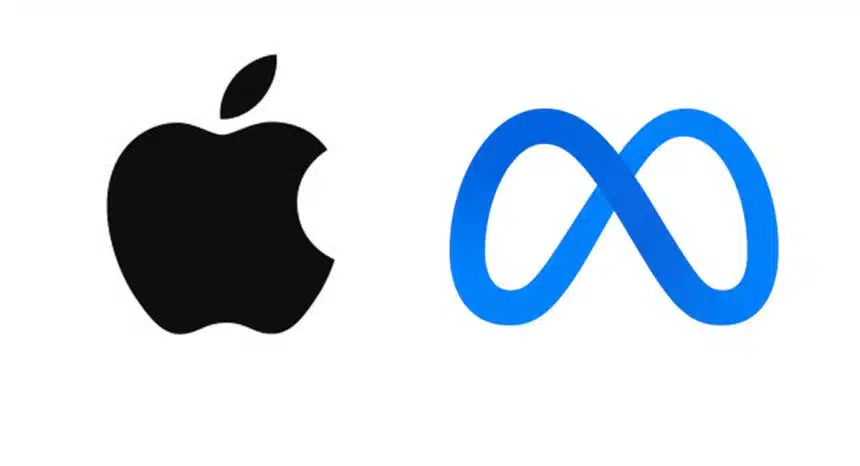Meta faces new scrutiny after a former employee alleged that the company bypassed Apple’s App Tracking Transparency (ATT) policies. Introduced in 2021, ATT requires apps to request user permission before tracking activity across platforms. Most users declined, cutting off the steady flow of data Meta relied on for targeted advertising.
Meta admitted in 2022 that the change could cost the company $10 billion in revenue. However, whistleblower Samujjal Purkayastha claims Meta secretly used “deterministic matching” to connect identifiable user data without consent. If true, this practice directly violated ATT guidelines and undermined Apple’s privacy framework.

Inflated ad results
The allegations extend beyond tracking. Purkayastha says Meta exaggerated the success of its Shops Ads, launched in 2022 for Facebook and Instagram storefronts. Unlike competitors that measured net sales, Meta counted gross figures, including taxes and shipping. This approach allegedly boosted results by up to 19%.
Internal investigations confirmed the inflation, but advertisers were not informed, according to Purkayastha. The claims suggest brands were left with misleading reports that made campaigns look more effective than they truly were.
Subsidies and hidden support
The whistleblower also alleges that CEO Mark Zuckerberg approved a $160 million budget to fund free ad placements during testing. While subsidies are common in tech launches, failing to disclose them can mislead advertisers. Efforts to replace lost data through machine learning also fell short, leading to further reliance on questionable tracking methods.
A pattern of mistrust
Meta has a history of inflated metrics. In 2016, it admitted overstating video ad views by up to 80%. Later lawsuits alleged errors as high as 900%, leading to a $40 million settlement.
The ongoing tribunal in London will not rule until 2026. Yet the claims highlight an ongoing struggle for Meta to adapt in a post-ATT world, raising broader concerns about how much advertisers can trust reported ad results.












